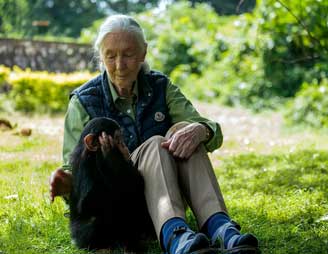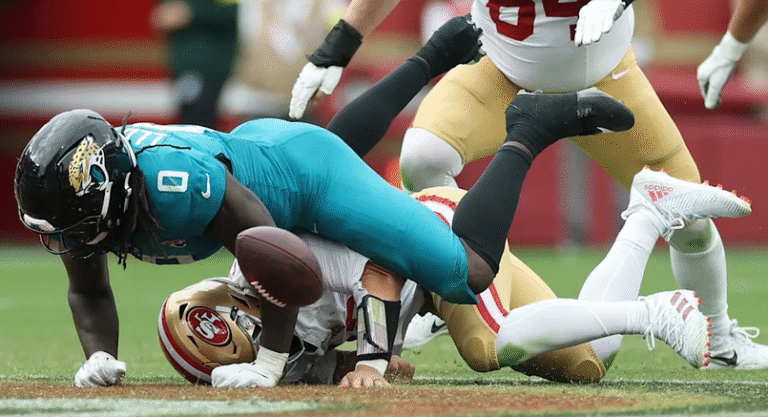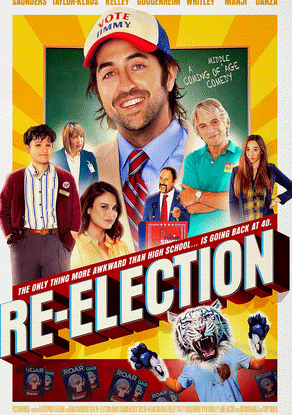Jane Goodall, Legendary Primatologist and Conservationist, Passes Away at 91
Jane Goodall, the world-renowned primatologist and conservationist whose groundbreaking research forever changed humanity’s understanding of chimpanzees, has died at the age of 91. Her death was confirmed on Wednesday in Los Angeles by the Jane Goodall Institute, where she had continued her tireless advocacy for wildlife and the planet until her final days.
A Life Dedicated to Discovery
Goodall first traveled to East Africa in 1960 at the age of 26, embarking on what would become a lifelong mission to study chimpanzees in the wild. With no formal scientific training at the time, she began her work at the Gombe Stream Chimpanzee Reserve in present-day Tanzania. Her approach was revolutionary: rather than assigning numbers to the animals she studied, she gave them names — Flo, David Greybeard, Fifi — and observed them as individuals with unique personalities.
In 1963, National Geographic published her 7,500-word account of her studies, accompanied by photographs by Dutch wildlife photographer Hugo van Lawick, who later became her husband. The article introduced the world to Goodall’s extraordinary findings and helped redefine the boundaries of human knowledge about our closest relatives in the animal kingdom.
Redefining What It Means to Be Human
Goodall’s most famous discovery came when she observed chimpanzees making and using tools to extract termites from mounds — a behavior that scientists had long believed was exclusive to humans. “We must now redefine man, redefine tool, or accept chimpanzees as humans,” one scientist famously remarked at the time.
Her studies also revealed chimpanzees engaging in complex behaviors such as hunting, forming social hierarchies, showing affection, grieving their dead, and even participating in what she described as “rain dances.” These findings forced the scientific community to rethink the very definition of intelligence and culture.
A Global Advocate for Wildlife and People
Beyond her fieldwork, Goodall became one of the world’s most powerful voices for conservation. She founded the Jane Goodall Institute, dedicated to protecting chimpanzees and their habitats, and later launched the Roots & Shoots program, which empowers young people in over 100 countries to lead projects that benefit animals, people, and the environment.
Her advocacy extended beyond wildlife conservation to global humanitarian efforts. She spoke passionately about climate change, environmental justice, and poverty reduction, urging humanity to see the interconnectedness of all life.
A Legacy That Lives On
Throughout her career, Goodall authored more than two dozen books, appeared in documentaries, and delivered lectures across the world. Despite the global recognition and accolades, she remained humble, insisting that her life’s work was simply about giving animals a voice.
As tributes pour in from scientists, world leaders, and environmentalists, Goodall’s legacy continues to inspire action. Whether through wildlife protection, sustainable living, or youth education, her influence will endure for generations.
For those wishing to honor her memory, the Jane Goodall Institute has encouraged donations to support causes she held dear, including wildlife conservation, reforestation, and sustainable community projects.
Jane Goodall once said: “Every individual matters. Every individual has a role to play. Every individual makes a difference.” Her life was proof of those words.







